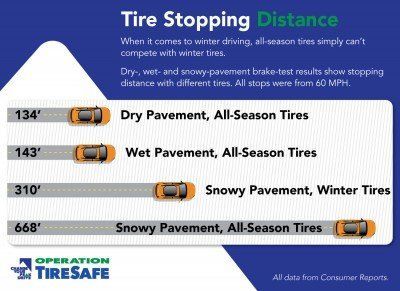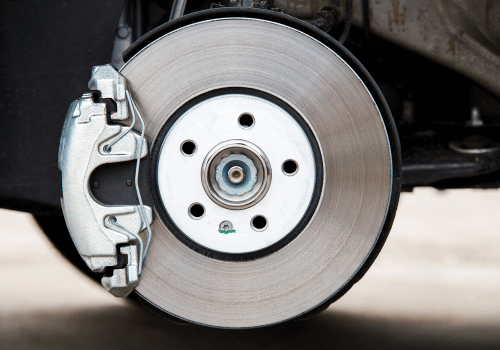Do You Need Snow Tires

What is Different About a Snow Tire?
With snow tires it is all about getting a better grip on the road. Better grip comes from using softer, more flexible rubber and tread configurations that bite and dig into snow, slush and ice. Winter tires are also generally narrower than all season tires. Narrower tires propel a car forward better while wider tires tend to float on top of the snow. In bad winter weather these tires are superior for steering and braking.
All Season vs Snow Tires: The Pros and Cons
All-Season Tires
Pros
Pros
Cons
Snow Tires
Pros
Pros
Cons
We find that the majority of our customers end up purchasing all-season radials. We would be happy to talk to you about your individual circumstances to help you make the choice that is best for you. The condition of your tires is very important. It does not matter what type of tire you have if it is worn out. We recommend replacing your tires when the tread is at the wear indicator mark. Driving on tires until they are legally worn out could lead to less than satisfactory winter driving results. Fall is a great time to buy new tires.
Share this article








